Chapter 7
Founding a Nation: 1783–1789
By Boundless
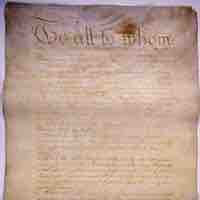
The Articles of Confederation were the United States' first governing document, and had many weaknesses.
The Congress of the Confederation was the governing body of the United States from 1781 to 1789.
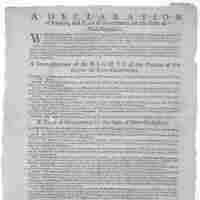
Patriots, as they gained control of formerly Loyalist territories, devised constitutions to determine governance in these new states.
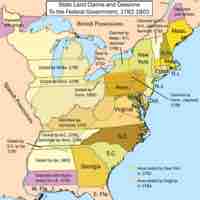
The Confederation Congress' Land Ordinance and Northwest Ordinance had a lasting impact on US history.
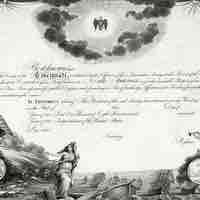
Eighteenth century republicanism in the United States prioritized political participation, commitment to the common good, and individual virtue.

Delegates from Virginia and Maryland met at Mount Vernon to settle issues not addressed in the Articles of Confederation and create a model for interstate cooperation.
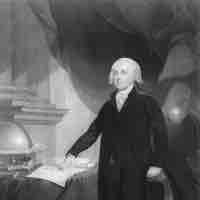
One of the key debates during the drafting of the Constitution regarded state representation in the legislature.
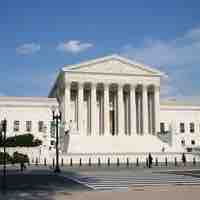
The United States Constitution set out three separate branches of government: the legislature, executive branch, and judiciary.
As the new political value system of republicanism was forming, many framers of the United States Constitution worried about democracy's limitations.
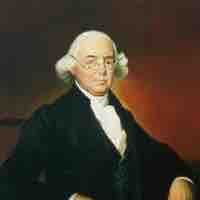
Slavery and the slave trade were points of contention between Northern and Southern states at the Constitutional Convention.
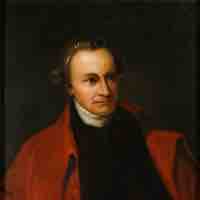
The process of ratifying the proposed United States Constitution led to prolonged debate between Federalists and Anti-Federalists.
The Revolution's emphasis on liberty led to provisions for the separation of church from government (state) in the United States Constitution.
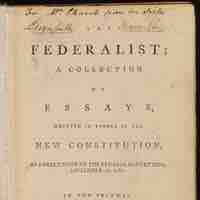
Federalists supported ratification of the new United States Constitution and published The Federalist Papers to encourage support from the states.
Anti-Federalists were those opposed to ratification of the US Constitution following the Revolutionary War.
The Bill of Rights refers to the first 10 amendments to the US Constitution, which outline the basic freedoms held by American citizens.
The United States Constitution established a system of government that aims to derive its power from the people.
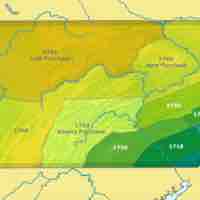
During its early days, the United States implemented a series of treaties and policies with the purpose of acquiring land from and "civilizing" the American Indians.
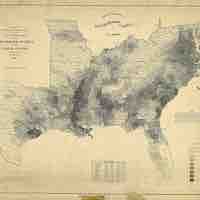
Slavery in the new Republic, while a debated issue, bolstered the economic backbone of the United States.
In the new Republic, women were legally, economically, and socially subordinated to men.
The "founding mothers"—Washington, Adams, and Jefferson—played an important role in the development of the early Republic.